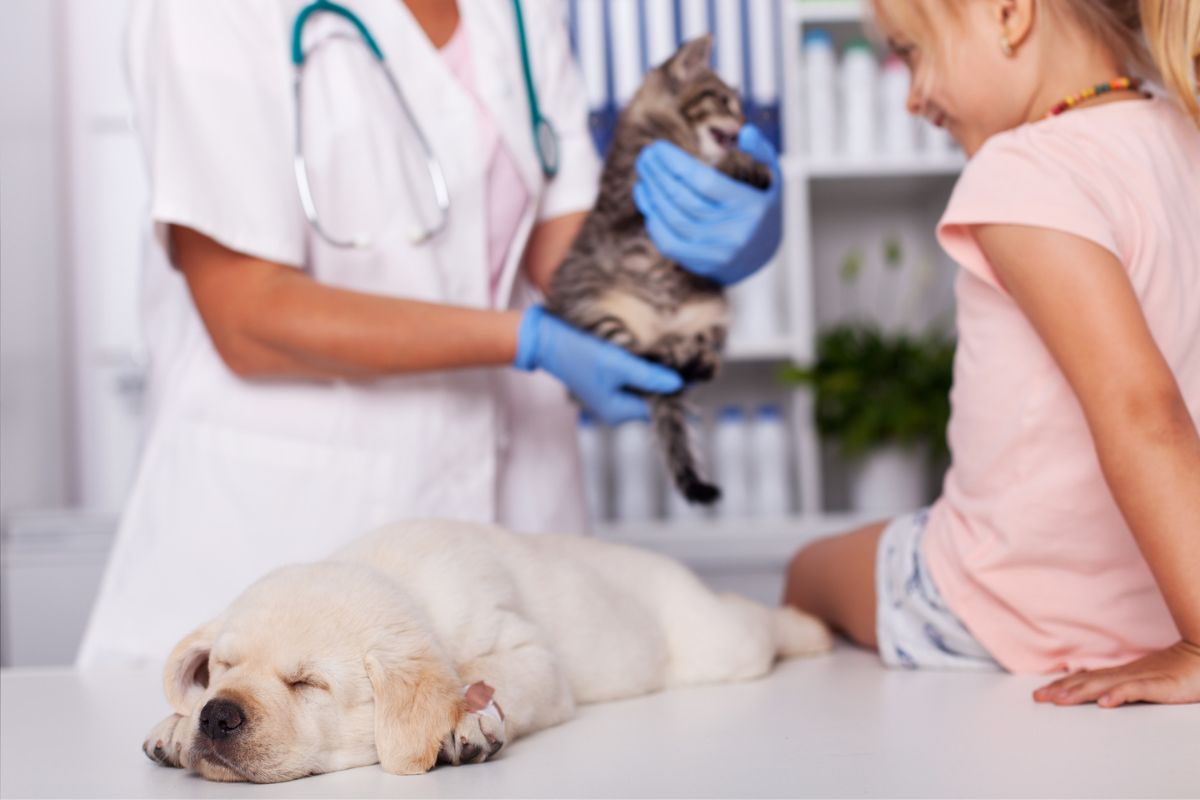Arthritis assessment for dogs
As dogs grow older, many develop arthritis, a painful joint condition that affects their mobility and wellbeing. Recognising the signs of arthritis early on and getting treatment can help ease discomfort and slow its progression. To check if your dog might be showing signs of arthritis, we’ve created a simple assessment. Is your dog showing any of the following signs? While dogs are good at hiding their pain, even subtle changes in their behaviour can indicate pain or discomfort. Have you noticed any of the following physical or behavioural changes in your dog? Click those that apply to determine if a vet check-up is recommended. Physical signs None of the above Behavioural signs None of the above See my results Good news! Based on your responses, it ...












